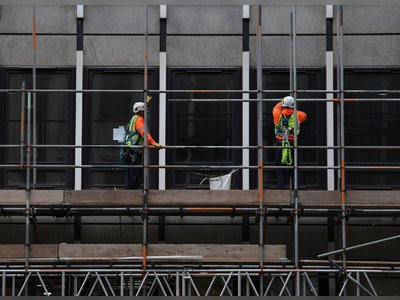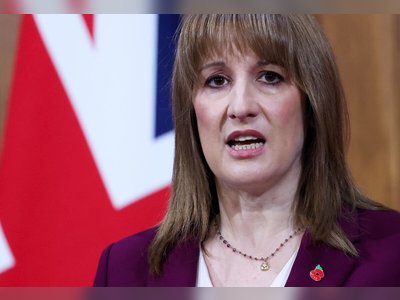UK Extends Sugar Tax to Sweetened Milkshakes and Lattes in 2028 Health Push
Government widens soft-drinks levy to high-sugar milk-based and plant-based beverages as part of wider effort to combat rising childhood obesity
The UK government will expand its soft-drinks sugar tax to include pre-packaged milkshakes, flavoured coffees and plant-based alternatives from 2028, marking the most significant overhaul of the levy since its introduction in 2018. Health Secretary Wes Streeting told Parliament that high-sugar milk-based drinks would no longer be exempt and confirmed that the sugar threshold triggering the tax will be lowered from 5g to 4.5g per 100ml.
The reform means popular products such as Yazoo, Müller’s Frijj, Starbucks bottled lattes and high-protein ready-to-drink shakes could face new charges unless manufacturers reduce their sugar content.
Although dairy beverages will still benefit from a “lactose allowance” accounting for naturally occurring sugars, the change brings milk-based drinks into the same regulatory framework as fizzy drinks, which have seen a sharp reduction in sugar levels since the levy began.
Streeting said the move was essential to address rising childhood obesity and the disproportionate health burden on lower-income communities.
He argued that extending the tax would incentivise companies to reformulate products and reduce portion sizes, building on evidence that the original levy contributed to a 46% drop in sugar content across carbonated drinks.
The tax targets only pre-packaged products and does not apply to beverages made fresh in coffee shops or cafés.
Industry reaction was mixed.
Dairy UK said it was “disappointing” to see the levy expanded to dairy-based drinks but welcomed the protection of naturally occurring lactose from taxation.
The Food and Drink Federation said it was encouraged that the government had taken account of the technical and financial barriers to reducing sugar even further, after the consultation considered lowering the threshold to 4g per 100ml.
Critics accused the government of overreach, describing the policy as an unnecessary intervention in personal dietary choices.
The health secretary dismissed that characterisation, arguing the long-term pressures facing the NHS required decisive action.
Meanwhile, the government emphasized that manufacturers may choose to absorb the cost or reformulate, meaning retail prices may not necessarily rise.
With implementation set for 2028, producers are expected to begin adapting recipes, shifting serving sizes or adopting alternative sweeteners in order to avoid the tax.
The government maintains that the expansion will encourage healthier consumer behaviour and build on earlier reductions in national sugar intake driven by the levy.
The reform means popular products such as Yazoo, Müller’s Frijj, Starbucks bottled lattes and high-protein ready-to-drink shakes could face new charges unless manufacturers reduce their sugar content.
Although dairy beverages will still benefit from a “lactose allowance” accounting for naturally occurring sugars, the change brings milk-based drinks into the same regulatory framework as fizzy drinks, which have seen a sharp reduction in sugar levels since the levy began.
Streeting said the move was essential to address rising childhood obesity and the disproportionate health burden on lower-income communities.
He argued that extending the tax would incentivise companies to reformulate products and reduce portion sizes, building on evidence that the original levy contributed to a 46% drop in sugar content across carbonated drinks.
The tax targets only pre-packaged products and does not apply to beverages made fresh in coffee shops or cafés.
Industry reaction was mixed.
Dairy UK said it was “disappointing” to see the levy expanded to dairy-based drinks but welcomed the protection of naturally occurring lactose from taxation.
The Food and Drink Federation said it was encouraged that the government had taken account of the technical and financial barriers to reducing sugar even further, after the consultation considered lowering the threshold to 4g per 100ml.
Critics accused the government of overreach, describing the policy as an unnecessary intervention in personal dietary choices.
The health secretary dismissed that characterisation, arguing the long-term pressures facing the NHS required decisive action.
Meanwhile, the government emphasized that manufacturers may choose to absorb the cost or reformulate, meaning retail prices may not necessarily rise.
With implementation set for 2028, producers are expected to begin adapting recipes, shifting serving sizes or adopting alternative sweeteners in order to avoid the tax.
The government maintains that the expansion will encourage healthier consumer behaviour and build on earlier reductions in national sugar intake driven by the levy.









